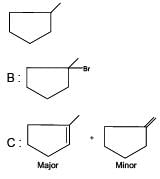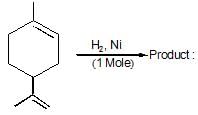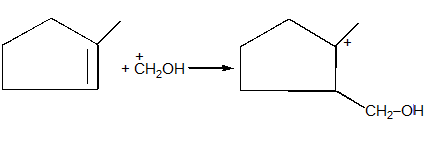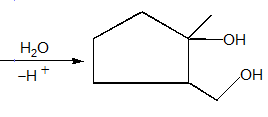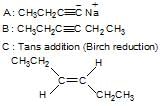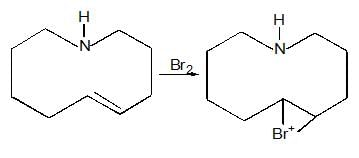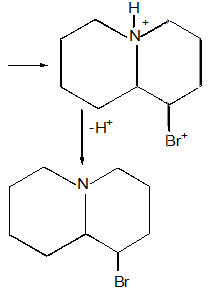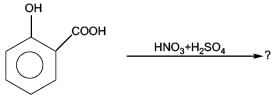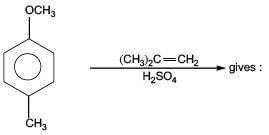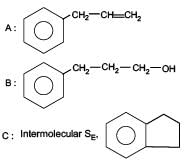Class 12 Exam > Class 12 Tests > Hydrocarbons - Class 12 MCQ
Hydrocarbons - Class 12 MCQ
Test Description
30 Questions MCQ Test - Hydrocarbons
Hydrocarbons for Class 12 2025 is part of Class 12 preparation. The Hydrocarbons questions and answers have been prepared
according to the Class 12 exam syllabus.The Hydrocarbons MCQs are made for Class 12 2025 Exam.
Find important definitions, questions, notes, meanings, examples, exercises, MCQs and online tests for Hydrocarbons below.
Solutions of Hydrocarbons questions in English are available as part of our course for Class 12 & Hydrocarbons solutions in
Hindi for Class 12 course.
Download more important topics, notes, lectures and mock test series for Class 12 Exam by signing up for free. Attempt Hydrocarbons | 30 questions in 45 minutes | Mock test for Class 12 preparation | Free important questions MCQ to study for Class 12 Exam | Download free PDF with solutions
Hydrocarbons - Question 1
Among the following, the compound which has highest boiling point is :
Detailed Solution for Hydrocarbons - Question 1
Detailed Solution for Hydrocarbons - Question 2
Hydrocarbons - Question 3
Which statement is incorrect about free radical halogenation of alkanes?
Detailed Solution for Hydrocarbons - Question 3
Hydrocarbons - Question 4
Consider the following reaction :

The major products formed in this reaction are :
Detailed Solution for Hydrocarbons - Question 4
Detailed Solution for Hydrocarbons - Question 5
Detailed Solution for Hydrocarbons - Question 6
Detailed Solution for Hydrocarbons - Question 7
Detailed Solution for Hydrocarbons - Question 8
Detailed Solution for Hydrocarbons - Question 9
Hydrocarbons - Question 10
Which of the following alkenes is most reactive towards electrophilic addition reaction?
Detailed Solution for Hydrocarbons - Question 10
Detailed Solution for Hydrocarbons - Question 11
Detailed Solution for Hydrocarbons - Question 12
Detailed Solution for Hydrocarbons - Question 13
Detailed Solution for Hydrocarbons - Question 14
Detailed Solution for Hydrocarbons - Question 15
Detailed Solution for Hydrocarbons - Question 16
Detailed Solution for Hydrocarbons - Question 17
Detailed Solution for Hydrocarbons - Question 18
Detailed Solution for Hydrocarbons - Question 19
Detailed Solution for Hydrocarbons - Question 20
Detailed Solution for Hydrocarbons - Question 21
Detailed Solution for Hydrocarbons - Question 22
Detailed Solution for Hydrocarbons - Question 23
Detailed Solution for Hydrocarbons - Question 24
Hydrocarbons - Question 25
Among the compounds the order of decreasing reactivity towards electrophilic substitution is :
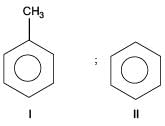
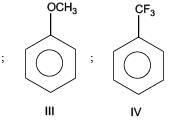
Detailed Solution for Hydrocarbons - Question 25
Detailed Solution for Hydrocarbons - Question 26
Detailed Solution for Hydrocarbons - Question 27
Detailed Solution for Hydrocarbons - Question 28
Detailed Solution for Hydrocarbons - Question 29
Detailed Solution for Hydrocarbons - Question 30
Information about Hydrocarbons Page
In this test you can find the Exam questions for Hydrocarbons solved & explained in the simplest way possible.
Besides giving Questions and answers for Hydrocarbons, EduRev gives you an ample number of Online tests for practice
Download as PDF


 mechanism, which is used for preparation unsymmetrical alkanes.
mechanism, which is used for preparation unsymmetrical alkanes.
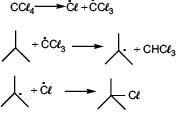


 is a conjugated diene which gives 1,4-addition of H2
is a conjugated diene which gives 1,4-addition of H2
 Major product :
Major product :


